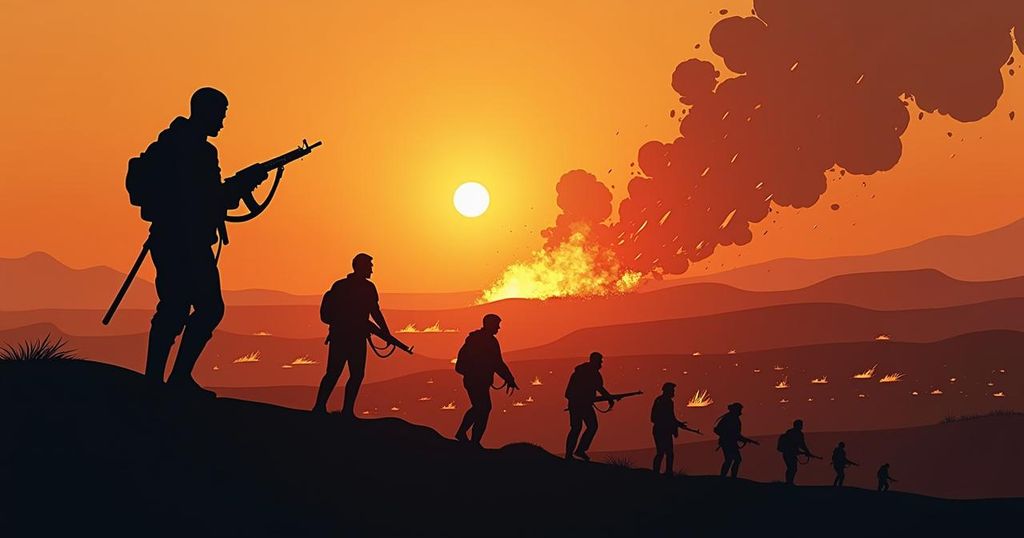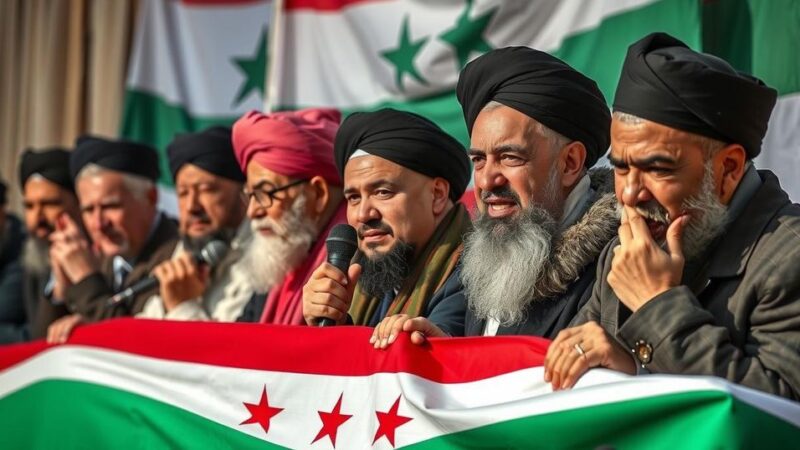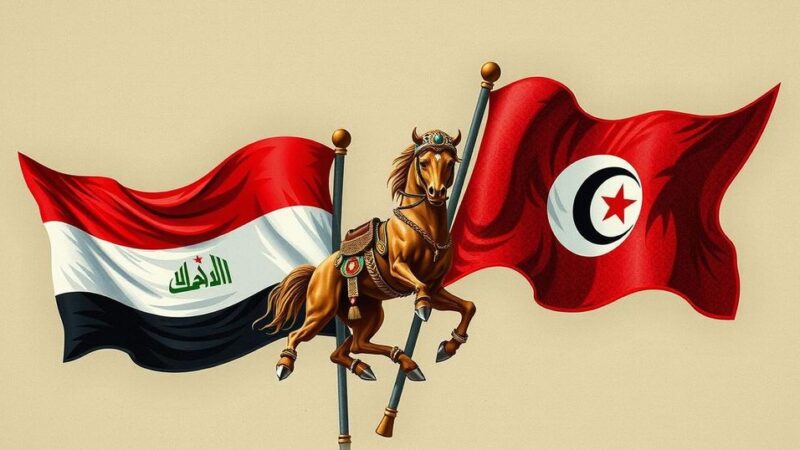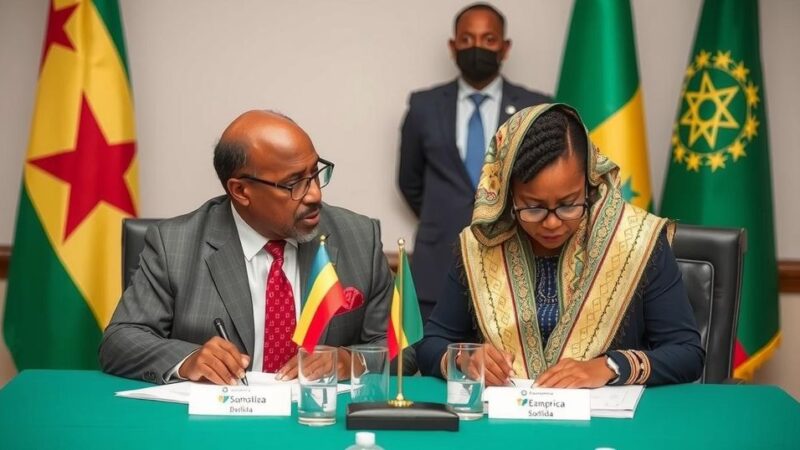The assassination of Hassan Nasrallah could escalate tensions in the Middle East, with significant implications for Iran, Hezbollah, and Israel. While the United States aims to prevent a wider war through military support, diplomatic efforts have thus far proven unsuccessful. As the region braces for potential conflict, the responses of Iran and Israel remain crucial in shaping the immediate future.
The recent assassination of Hassan Nasrallah, the leader of Hezbollah, raises significant concerns regarding the potential for increased conflict within the Middle East. As tensions escalate, the focus shifts to Iran and Hezbollah and their subsequent actions. Although there have been prior warnings of an impending regional conflict, the likelihood depends on the responses of the United States and its allies, who are dispatching military resources to deter aggression from Iran that may stem from Hezbollah’s weakening position. Despite perceptions that this assassination represents a beneficial outcome for the United States, particularly for President Joe Biden, the repercussions could be far-reaching. Iran, viewing Hezbollah as a critical ally in any confrontation with Israel, may feel compelled to intervene to safeguard its interests, particularly in light of Israel’s military successes. Such an intervention could draw in the United States and its allies, potentially culminating in a broader conflict that has been anticipated for over a year. However, Iran faces its own challenges, including economic turmoil from sanctions and internal strife, leading to questions about the prudence of escalating military involvement at this juncture. The immediate aftermath of Nasrallah’s assassination is anticipated to be marked by mourning, heightened anger, and possible retaliatory actions from Hezbollah. As Israel may consider advancing its operations in Lebanon, the situation risks further destabilization and could invoke broader regional warfare involving militia and Iranian forces located in Syria. Furthermore, Lebanon’s fragile political balance might be disrupted, leading to factional conflict and further complicating the regional landscape. Diplomatic efforts spearheaded by Western and regional powers have yet to yield substantial progress, with both Israel and Hezbollah appearing unyielding. It is crucial to monitor developments closely as the situation evolves, as the Middle East stands on the brink of heightened volatility.
The Middle East has been a complex geopolitical arena characterized by a web of alliances and animosities, particularly between Israel, Iran, and non-state actors like Hezbollah. The assassination of Hassan Nasrallah marks a significant development in a landscape already fraught with tension. Nasrallah’s leadership of Hezbollah has posed challenges to both Israeli security and broader regional stability. The ramifications of this event could potentially lead to a larger military confrontation involving key players in the region, particularly if Iran decides to intervene and support Hezbollah in light of its precarious situation post-assassination. The historical context of U.S. involvement in Middle Eastern conflicts further complicates the immediate reactions, as the United States seeks to balance its geopolitical interests against the backdrop of a potential war.
In conclusion, the assassination of Hassan Nasrallah serves as a potential catalyst for renewed conflict in the Middle East, with both Iran and Israel poised to make consequential decisions. The interplay between military and diplomatic strategies will be critical in determining whether the region will spiral into widespread warfare or take a path toward de-escalation and resolution. As the situation unfolds, the international community must remain vigilant and actively engaged in fostering dialogue and mitigating conflict.
Original Source: news.sky.com







